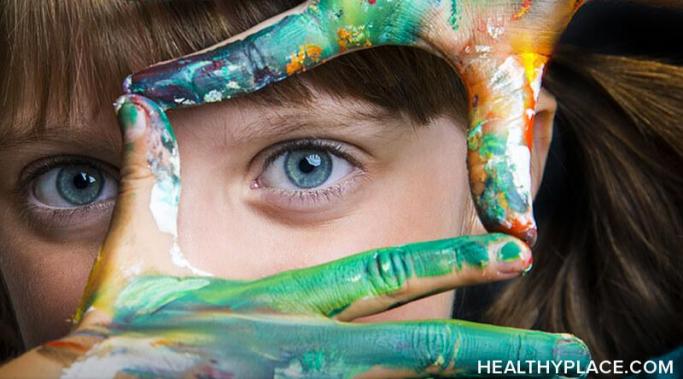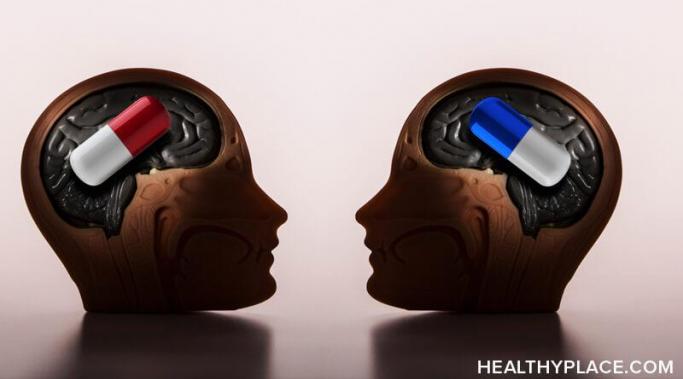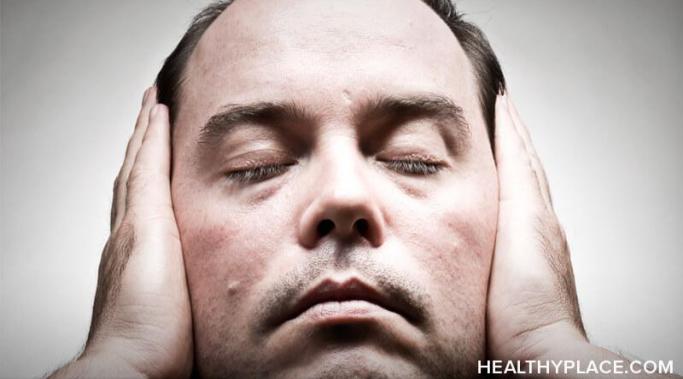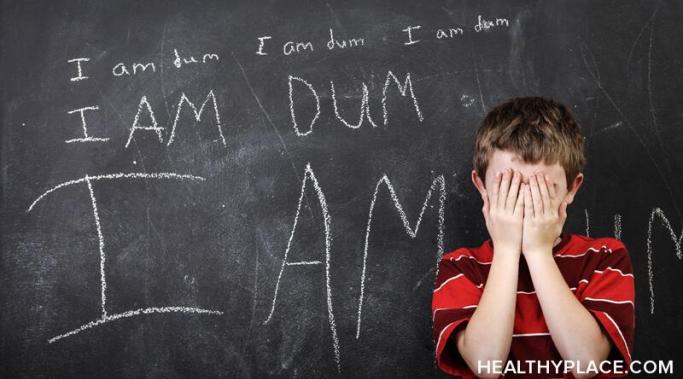Until recently, I thought conspiracy theories and delusions were the same. That made me wonder why people who believe in conspiracy theories don't receive a diagnosis of mental illness. After reading numerous articles on the differences between conspiracy theories and delusions, I now better understand the difference between the two.
Living with Schizophrenia
It is common to have more than one mental illness at a time. Most people I know (from support groups) have multiple diagnoses. I have both paranoid schizophrenia and generalized anxiety disorder. I know people with schizoaffective disorder and obsessive-compulsive disorder (OCD). I also know of people with bipolar disorder and eating disorders. It is not rare to have a personality disorder along with schizophrenia, bipolar, or another diagnosis. People call it a dual diagnosis if someone has a substance abuse disorder and a mental illness.
I have a tool in my toolbox for schizoaffective disorder that I haven’t written about before. The tool is earplugs.
In my experience, the worst part of schizophrenia is having episodes of psychosis. Losing touch with reality can be terrifying. For me, psychosis always involves hearing voices, delusions, and paranoia. I usually stop eating, which most likely makes the symptoms more severe. Complicating my experience with psychosis is a symptom called anosognosia.
My schizoaffective disorder tells me a lot of bad things about myself and makes me think I’m a bad person. Here are some of the ways that I feel like a bad person because of my schizoaffective disorder and how I fight back.
It's common knowledge that too much stress is bad for our health, but those of us with a mental health diagnosis can face another risk from stress, which is increased symptoms. As part of my self-care or lifestyle monitoring, I try to reduce how much stress I experience daily to manage anxiety and schizophrenia symptoms.
Since I have arthritis in my knees and schizoaffective disorder, the migraines I suffer are a substantial extra load. And now I know what it’s like to have my physical illnesses treated more seriously than my mental illness. This is the story of a time when I stood up for my mental health, and my mental illness was treated seriously.
It helps to know the difference between paranoia and anxiety. If I am experiencing paranoia, it involves delusions like someone is out to get me (suspicion and distrust) or has betrayed me. I frequently battle the delusion that someone is poisoning my food. My paranoia can cause anxiety, but the two do not have to be present together. My anxiety attacks often have ties to worry (like health concerns, the health of a loved one, public speaking, etc.), but not always. I can have an anxiety attack where I can't identify a triggering cause.
Psychosis (the presence of hallucinations and/or delusions) and anxiety can be difficult to deal with in relationships. Many symptoms can be confusing, frustrating, and challenging to those looking from the outside. When I have had breaks from reality (psychotic episodes), I have always treated my family and my spouse with suspicion due to paranoia. The paranoia often causes me to think that I am in danger around those who are the most supportive of me.
Limitations affect people with schizophrenia, but I believe people with schizophrenia can achieve great things. I know of three women who have schizophrenia who started and run non-profit organizations. I know of three women who are parents to young children. I know several people with schizophrenia who have jobs as writers or artists and others who work as marketing professionals and content creators. Elyn Saks, one of the most well-known people with schizophrenia, is a doctor and professor. These are examples from the two to three dozen people I follow on social media or who I have become friends with in my years of advocacy. If I knew more people with schizophrenia, I assume I would find people with the illness in every role, identity, or profession.









